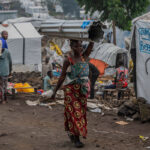
Here’s how Ipas works with local partners and humanitarian organizations to ensure that women and girls in crisis settings can access the sexual and reproductive health care they urgently need.

A new study using mystery clients reveals major gaps in access to abortion with pills in Kinshasa. Only 23% of pharmacies gave correct dosage info—putting people’s health at risk.
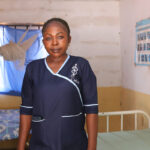
In the aftermath of humanitarian crises, many communities are forced out of their settlements, increasing their vulnerability. In such challenging environments, transactional sex for food is the norm, and consequently, increased instances of rape and forced marriages.
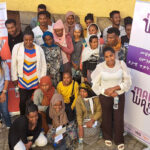
The Make Way Project is a four-year initiative by Ipas Ethiopia and partners to expand access to sexual and reproductive health information and services for young people in Ethiopia—particularly those who have been displaced or who live with disabilities.
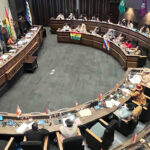
On April 23, the Bolivian Senate approved a bill to eliminate legal exceptions that previously allowed marriage from the age of 16 with parental or judicial authorization. This milestone represents a historic victory for the protection of girls and adolescents against child marriage.
In March 2025, a broad spectrum of key stakeholders gathered in Mogadishu, Somalia, to discuss how to build a sustainable ecosystem for maternal and reproductive health care. A strategic roadmap emerged from the multi-day event, along with a shared commitment by stakeholders to implement the plan and transform the country’s maternal and reproductive health landscape.
A recently released national report details a study highlighting gaps in Kenya’s sexual and reproductive health services—and gives compelling evidence that expanding access to modern and effective family planning and contraception is crucial to preventing unintended pregnancies and unsafe abortion methods.
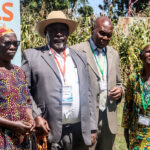
Adolescents in Kenya stand at a critical crossroads, facing what has been aptly termed the “triple threat”: new HIV infections, sexual and gender-based violence (SGBV), and teenage pregnancies.
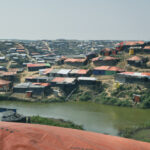
Conducted by Ipas in partnership with the University of California, Berkeley, and the Association for Prevention of Septic Abortion, Bangladesh (BAPSA), this study protocol introduces a new method for more accurately measuring maternal deaths caused by abortion complications among forcibly displaced populations living in refugee camps.
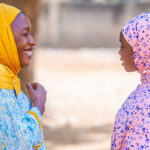
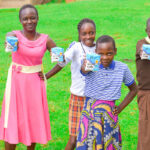
Period poverty remains a pressing challenge in Kenya, disproportionately affecting teenage girls in rural areas. Life Lifters Kenya, an Ipas Collaborative grantee, is tackling this issue head-on.
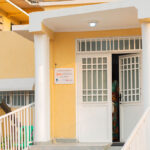
In the Democratic Republic of Congo, access to comprehensive abortion care remains a taboo topic, enshrined in restrictive legal frameworks and rigid social norms. Although some progress has been made, cultural and religious barriers still prevent women and girls from accessing the information and care they need.
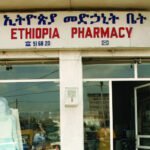
A pilot program by Ipas, the Ethiopian Ministry of Health, and the Oromia Health Bureau proved that private pharmacies can safely expand access to abortion with pills—making essential care more available and closer to home for women in Ethiopia.
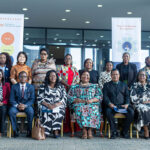
Ipas Malawi and partners hosted a national dialogue to address the systemic challenges limiting young girls’ autonomy and opportunities.
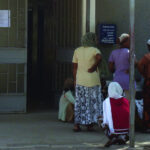
Ethiopia’s health system is in crisis, but health workers keep going. With support from Ipas, providers continue delivering essential abortion and contraceptive care—even as aid cuts, conflict, and climate crisis impacts threaten reproductive health services.
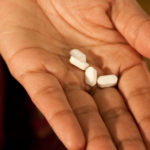
A study conducted by researchers from Ipas Development Foundation and partners, this study examines national survey data to understand the growing use of self-managed abortion (SMA) in India. The research confirms that SMA—using abortion pills outside of a clinic—has become much more common and is a safe and effective option, especially in early pregnancy.
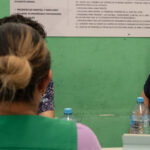
We’re inspired by our staff and partners around the world who persevere in the face of tremendous challenges. Here are seven changemakers to inspire us all.

In January 2025, violent clashes broke out in Goma, the capital of the Democratic Republic of Congo (DRC) and North Kivu province, worsening a decades-long conflict and leaving a devastating trail of suffering and destruction.
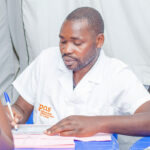
Early in his career, Ipas Democratic Republic of Congo (DRC) director Dr. Jean-Claude Mulunda, then a coordinator with a refugee agency, was confronted with the plight of women and girls who had suffered sexual violence fleeing Central African Republic for refuge in DRC.
Ipas’s 2024 research provides crucial evidence on abortion access, care quality, and stigma reduction. With 26 studies in 15 peer-reviewed journals across nine countries, these findings inform policy, improve health services, and advance SRHR worldwide.

